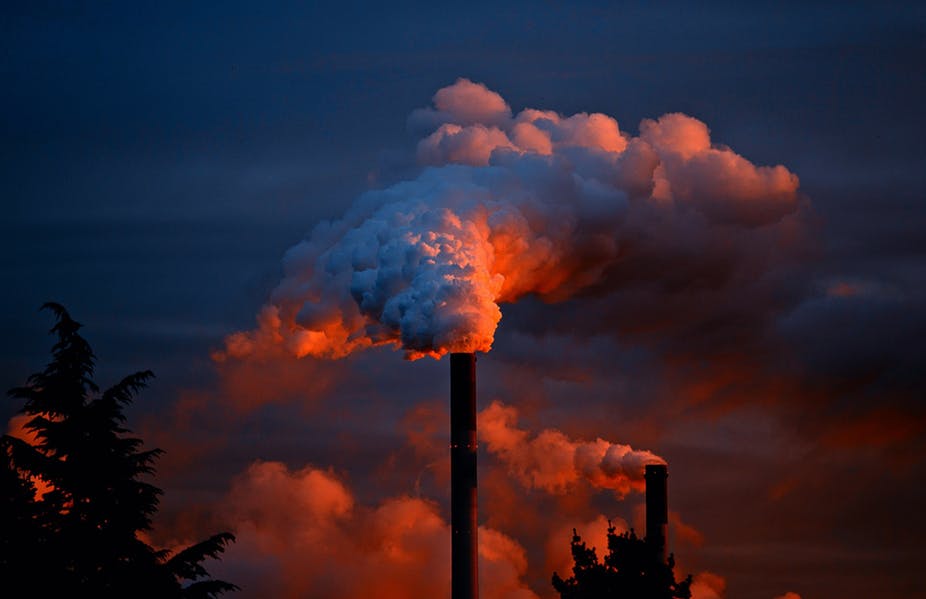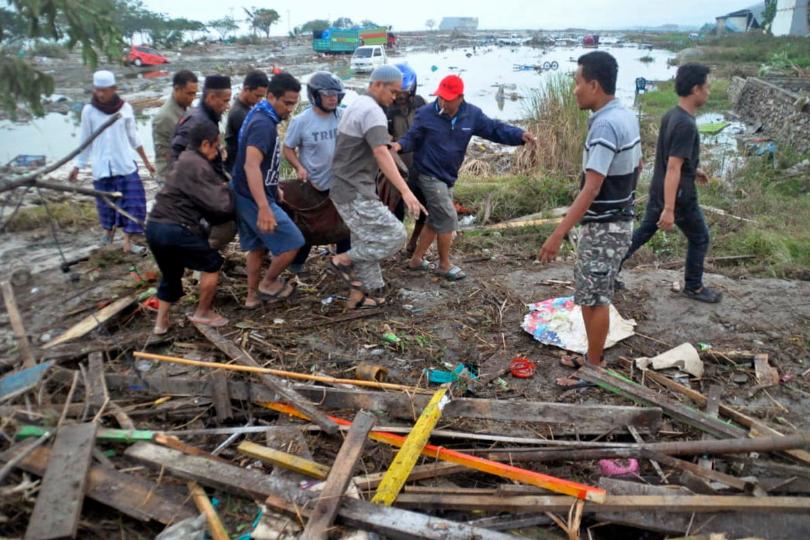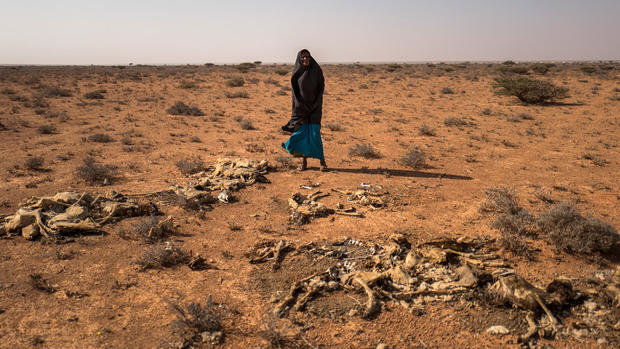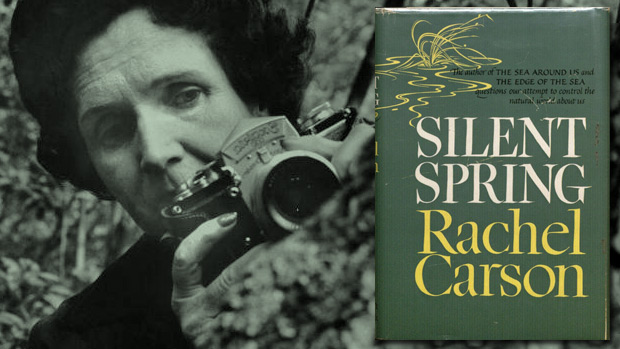MATTER OF CONCERN
Environmental Sensibilities and Curriculum Practices
The depletion of natural resources and the unsustainable approach to development have caused rapid degradation of the earth; in such a scenario how can children be sensitized through redesigned curricula -the author invites us on an exploration.
Stella Pauline Punitha has sixteen years of experience in teaching, mentoring, management and administration of school activities and develop schools to global standard and ensure 21st century quality education.
In the last few decades of the 20th century most nations were fixated with development. In the new millennium everyone is obsessed with ‘sustainable development’. In the name of development, we ravaged all resources and created an imbalance. Most resources cannot be replenished and it is difficult to salvage. On a closer examination, we would realize that we have plateaued in our growth and we desperately seek a way out. Moving ahead is pernicious and retreating would be fatal too. So we need to be present there, with artistry to balance the past and future.
Though we enjoyed a pristine world, without guilt we have bequeathed a precarious and fragile world to the present generation. After complex synthetic and chemical treatments the world was subjected to, we now pronounce the word ‘organic’ but the organic process has become pricey.
Balanced Progress
Progress through fostering a concern for the environment is urgent. A layman too would agree to the laws of conservation – energy, mass etc. This implies that when development happens on one end, something gets degenerated on the other .At this rate of consumption, not much would be available for the future. The earth is ailing. Let us not make it critical.
We can conquer the earth by conquering our callous minds, through education. A systemic approach to recover the world is important. The new thinking based on our concern for the environment can originate from practices and perspectives through curriculum. Instead of aiming at ‘Sustainable Development’, we can aim at ‘Balanced Progress’ (BP).
The hypothetical shift can be from ‘Sustainable Development’ to ‘Balanced Progress’, meaning progress should be on equilibrium with balance. A developmental equilibrium should be maintained. The present situation has to be resolved. All of us are responsible for the damage and hence its control. This can be achieved through various channels. However a smart solution can emerge through education. ‘Balanced Progress’ has to be the priority of learning, followed by cognitive development.
It’s time to be insightful and make the world more conscious. As a community we cannot stagnate and thus growth is indispensable. We can only weigh the consequences and design things accordingly. If we think about balancing our progress with the need for growth and developmement, the Earth would be a far more beautiful place to live in.
Designing a Curriculum to Develop Concern for the Environment
Man has been the same since existence. But his thinking has undergone a transformation. In the name of civilization, we have lost sight of our reserves. An exigency plan should be outlined. The onus lies on the entire world community. The radical process should begin early and the right place to initiate the process is the school.
The curriculum framework is generally based on contemporary educational philosophies. Though we have the theory of ‘Naturalism’ there is no specific philosophy of education focussing on the environment. The Earth cannot accommodate more than 10 billion people which we would reach by 2050. Though the life span of the earth is 1.75 billion years (1,750,000,000) it would not exist till then to provide us with everything. It can stretch itself till 2100 at this rate. If we envision life after 2100, we need to act now.
Over the last few decades cries of ‘Sustainable Development’ are heard. We have awakened to the stark realities, but we have not taken any realistic steps to stop the devastating impacts of our actions. We know from research that in a matter of a few more decades the earth would run out, let’s comprehend and work collectively. Knowing the predicament of the earth¸ we need to draw out a plan for quick healing and replenishment of the resources.
Time Dependent Policies
Time should be the prime criterion on which we design the Balanced Progress Framework (BPF). Analysing the intensity of damage and scripting a new tale of revival based on the time available to undo the damage is important. If the remedy has to be quick then curriculum for secondary and tertiary education should be reworked immediately to make the youngsters plunge into taking care of the earth. Learners must be exposed to the needs of the human race, the condition of the earth and the measures of caution and precaution.
The Balanced Progress Framework must have a comprehensive outline for primary, secondary and tertiary courses.
The Curriculum should address the following components:
-Earth and its condition today
-Restoring health to our planet
-Equilibrium circle
Principles of Curriculum (Balanced Progress) Framework
Curriculum framework should have modern basis. In addition to building curriculum on the developmental framework (cognitive, social, emotional, physical, spiritual, moral etc) of an individual, we need to have the planet dimensions like suitability, sustainability and balance. A pertinent approach will revolutionize our thinking.
Finer sensibilities, delicate sensitivities, one world – one thinking, many needs – multi-skill approach, wider learning experiences, option menus, regional flavour, talent based ascension, deeper learning and openness are areas to embrace.
Layered Approach
The Layered approach is proposed to integrate learning with growth. Our thoughtlessness, avarice and short-term plans, have made our lives intractable. We need to remember that we are closer to depletion levels.
An understanding of the earth and its consumption must be taken seriously. Each one of us should be part of the regeneration process. Each one of us should strongly believe in taking only what we need and not what we can afford. This way we can make way to provide for everyone.
It’s equally important to plant the thought that we should not take anything in excess. Learning to be content is a great virtue in addition to tolerance. However complacency should not set in. Any civilization is complete when human dignity is not at stake. The dynamics of life should both be horizontal and vertical: horizontal- flow between individuals, vertical-flow between the earth and the individual. This would decide the balance.
Foundation
The founding principle should be global renaissance to add freshness, energy, original richness and avoid catastrophe. In addition to the psychological bases the philosophy of education should accommodate the future position of earth. The dimensions of philosophy should include futuristic growth prospects, change revolution, balanced progress in addition to the socio-cultural, historical, economic and environmental dimensions.
Standards
Educational standards should be set to achieve uniform growth and development in children across the globe. Education has no boundaries today. True education will lead to a permanent learning, which we are yet to achieve. Standards should be set for making children open-minded, conscientious, collaborative, progressive, green conscious and problem solving. Every subject should have elements to cover these areas. Reformed thinking should become integral to our existence.
Collaborative work must be celebrated, and children should be taught to cooperate with each other at all stages of growth. Most learning from school should stay with them life-long. Standards should ensure that when they become adults they stay firm with their principles and convictions.
Skills
We feel precarious to sit on the earth as it is made fragile by each one of us. We need to develop higher environmental concern and sensitivity. The structure of the curriculum must be thought deeply and restructured. With this gradually a flexible and concrete learning experience can take place.
Conclusion
It’s time for us to rejuvenate and replenish the world. Let human progress move for better and not towards peril. A framework for a balanced progress is suggested. Hence ‘Balanced Progress’ Curriculum is needed today.
Essentials and needs like food, wellness, job and recreation are consumed according to individual taste and liking. But education is offered en masse. If education is offered similar to other needs, achieving balanced progress will be less strenuous and more successful.
An Alaskan, an Australian, an African, an American, an Asian and a European all share the same space and hence have the same responsibility. Lets move towards the future, much beyond the 21st century…. through the Balanced Progress Curriculum.














